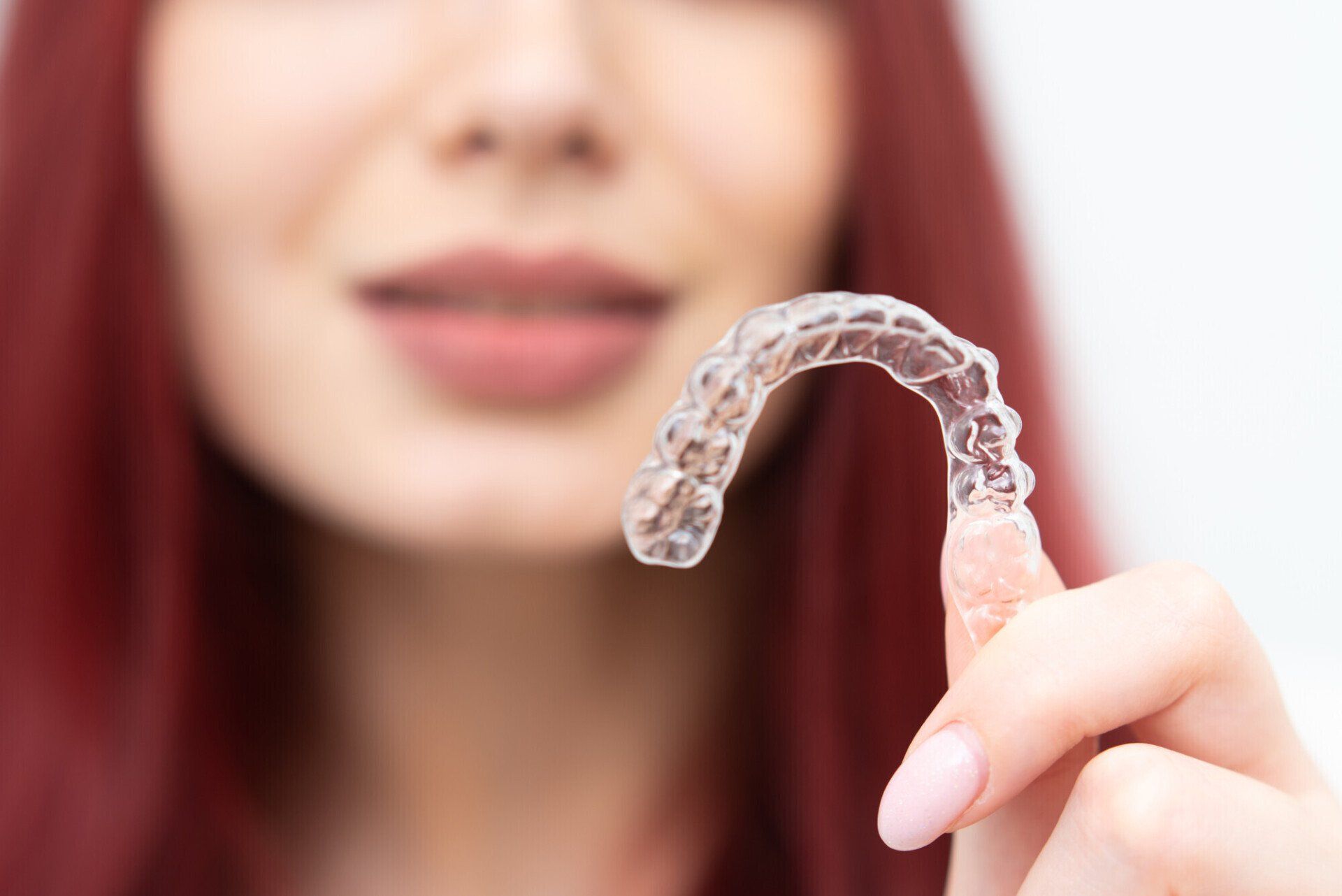Bite Guards for TMJ Disorders: How Do They Help? Your Dentist in Burke, VA Explains

About 30% of people grind their teeth in some way, with 10 to 15% of adults suffering from painful bruxism as they sleep. Bruxism could wear down your protective tooth enamel or increase your risk of temporomandibular joint disorder (TMJ). Thankfully, wearing a night guard could help.
How exactly can bite guards for TMJ improve your oral health? Read on to find out.
After reviewing this guide, you can determine if it's time to visit your dentist in Burke, VA for treatment. Discover the benefits of wearing oral appliances with this guide today.
What Is TMJ Disorder?
Before we determine if you need a custom mouth guard, let's cover the basics of TMJ disorder.
TMJ disorders affect the muscles and jaw joint responsible for controlling the jaw. The joint is located at the base of the skull and helps you chew and talk. This joint connects the mandible (the lower jaw) and temporal bone (at the side of the skull).
Your TMJ allows the jaw to move up and down or side to side. If it isn't functioning properly, you could struggle to open and close your mouth.
Common symptoms include:
- Facial pain
- Difficulty chewing
- Pain when chewing
- Headaches or earaches
- Difficulty opening or closing your mouth
- Pain or tenderness in the jaw
- Aching pain around or in the ear
One of the most common symptoms you could experience is pain when moving your jaw. You might also experience headaches, migraines, neck aches, or backaches. Sometimes, the pain can spread to the cheeks, too.
You might also notice popping, clicking, or grinding sounds when you talk, eat, or open your mouth. Otherwise, restricted movement that prevents your mouth from opening is common, too.
About 12% of adults in the US experience TMJ disorders at any point in time. Women develop TMJ disorders more often than men, which can cause severe pain and restricted jaw movement. If these symptoms sound familiar, talk to your dentist in Burke, VA right away.
How Bite Guards Help Help
Talk to your dentist about bite guards for TMJ. These oral appliances are also called mouth guards and night guards. Regardless of the label, these appliances look like mouth guards used by athletes during games.
The guard will fit around your upper or lower teeth to create a physical barrier, preventing you from grinding. A guard could also help your jaw muscles relax.
Here are a few ways a bite guard could benefit your oral health.
Protection
One of the top reasons to consider a custom mouth guard is to prevent grinding and clenching, even as you sleep. Nighttime teeth grinding and clenching are contributing factors to TMJ disorders. Your dentist might recommend a mouth guard as the first course of action.
Your mouth guard will cover your teeth, protecting them with a shield. They can also relieve overall pressure to keep your teeth from breaking or chipping.
Talk to your dentist about the types of oral appliances available. Some guards will cover all of your teeth, while others will only create space between your upper and lower back teeth. Creating this space will ensure you don't put too much pressure on either layer.
Correct Jaw Position
Wearing a night guard can also correct our jaw position. Positioning the jaw either forward or backward could help relieve jaw pressure.
It's important to note that this time of guard could change the position of your bite over time. Make sure to talk to your dentist to determine the best custom mouth guard for your needs. Their insights can help you make a more informed choice.
Easy to Use
One of the top benefits of wearing a night guard is it's easy to use. You'll just need to place it in your mouth before you go to bed.
Many mouth guards are also adjustable. Your dentist can customize your mouth guard to ensure it fits properly around your teeth. If it's uncomfortable, talk to your dentist to ensure a better fit.
There are also special night guards available to treat a variety of conditions.
In addition to treating TMJ disorders, night guards can also help with misaligned bites, sleep apnea, and bruxism. Finding a night guard through your dentist will ensure you choose the right one based on your needs.
You might not have to wear a night guard forever. You should wear one as long as you're clenching your teeth. However, if stress is triggering your bruxism, the issue might resolve itself.
If you stop grinding your teeth, you might not have to continue wearing your night guard. Your dentist can help you make an informed choice.
Better Sleep
Wearing a night guard to bed can help support better sleep.
If you're struggling with bruxism, you could struggle with shattered sleep, too. Bruxism could wake you up at night if you're clenching or grinding your teeth.
Wearing a night guard to bed could help break the pattern, ensuring you get the sleep you need.
Talk to Your Dentist in Burke, VA About Bite Guards for TMJ
Don't let TMJ or bruxism impact your oral health or quality of life. Instead, talk to your dentist in Burke, VA about bite guards for TMJ. With their help, you can stop grinding your teeth before it leads to complications.
Improve your oral health and ability to sleep with a custom night guard today.
Ready to schedule your appointment? We can't wait to see you.
Contact us today to get started.












